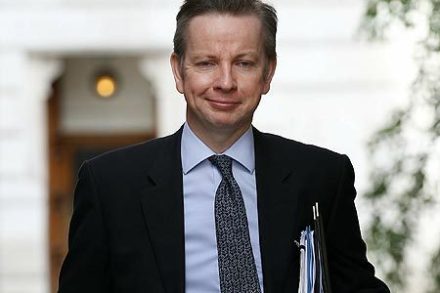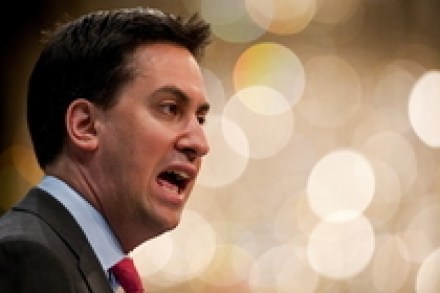PMQs Live blog | 24 November 2010
VERDICT: Ed Miliband did well. He exploited the Cabinet divide on school sport and also illustrated how teachers are wary of Gove’s plans. If anything, this reveals the complexity of the opposition facing Gove, and the extent to which it is ingrained, even within Conservative circles. There was also a withering and effective personal attack on Gove. Cameron laid out his government’s stall: Gove (and arguably Cameron) will stand or fall by it. For once, Labour’s opposition was very clearly delineated. So it should have been: courtesy of the long established system, state education is Labour’s natural territory and many of its MPs and councillors cut their teeth running it


















